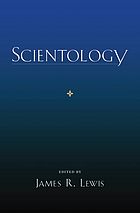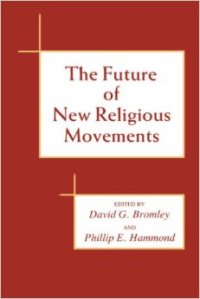 The Church of Scientology is a difficult organisation to study. It is secretive, and typically responds to requests from academics to observe its activities with refusal, suspicion and hostility.
The Church of Scientology is a difficult organisation to study. It is secretive, and typically responds to requests from academics to observe its activities with refusal, suspicion and hostility.
However, all New Religious Movements are not like this. In its early days, the Unification Church (AKA ‘the Moonies’) allowed sociologists free access to its activities.
Two classic studies of the Unification Church were made during this period. Both closely examined the process of ‘conversion’ – that is, how outsiders are persuaded to think of themselves as believers.
Both studies made interesting observations about the process of ‘conversion’ and collected reliable figures about the success rates of Unification Church Missionaries. These insights can help to make good estimates of how successful Scientology’s recruitment efforts are – something Scientology keeps strictly secret.

 2009 | Scientology | Edited by James R Lewis
2009 | Scientology | Edited by James R Lewis




You must be logged in to post a comment.